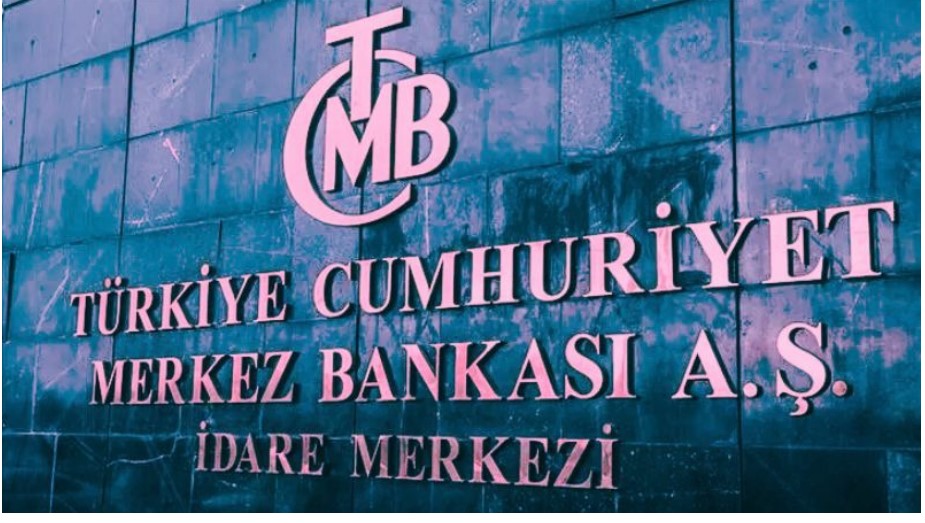As widely expected, the CBRT left its key policy rate unchanged at 14.0%. Also, as expected, there was no clear policy guidance and the interest rate announcement note was not different to last month’s note in any meaningful way. Importantly, the CBRT removed demand conditions from the list of factors deemed to be responsible for high inflation. It is now only supply side factors that are mostly responsible for the rise in inflation. Interestingly, the CBRT also does not sound bothered by the tightening in global liquidity and continues to refer to the “supportive monetary stance” of core central banks. The CBRT keeps its confidence that the measures already taken (no indication on what these could actually be) along with a resolution in the regional conflicts and strong base effects will lead to disinflation.
The only major addition to the interest rate note is the reference to the need for stronger macroprudential measures to support long-term investment loans. This implies the will to provide some targeted incentives for long-term investments, but this is unlikely to change the macro outlook in a meaningful way.
Fed Interest Rate Hikes Will Hurt Turkish Economy (And Other Emerging Markets) Badly | Real Turkey
Following these dovish messages, we continue to expect the CBRT to keep rates unchanged until the end of the year. Elections – that are scheduled to take place in June 2023 if not before – create uncertainty over longer term monetary policy outlook. The risk is still that of an increase in political pressure for lower rates, especially if there is a sharp slowdown in growth.
TURKEY: Next Stop Is Currency Controls | Real Turkey
As we discussed in our note “Turkey: sitting and watching inflation spiral up”, the March CPI data provided fresh evidence on the sharp strengthening in price pressures that follow unorthodox policies, lira weakness, credibility collapse and a few exogenous factors like the rise in global energy prices. We see inflation peaking close to 70% in May and stay around 65% until December, when, due to a very strong base, it could fall to 44%. It is interesting and unfortunate to see the CBRT showing no reaction to this surge in inflation.
The CBRT seems to be putting all its emphasis on lira stability that could follow increased demand (local and foreign) for the FX-protected TRY deposit scheme. Setting aside the associated costs (such as increased FX exposure of the public sector), this scheme alone is unlikely to solve such a complex and difficult inflation problem. This suggests that until orthodox policies are introduced, inflation will likely remain much above global standards and the lira will remain vulnerable to shifts in local and global risk appetite.
Follow our English language YouTube videos @ REAL TURKEY:
https://www.youtube.com/channel/UCKpFJB4GFiNkhmpVZQ_d9Rg
And content at Twitter: @AtillaEng
